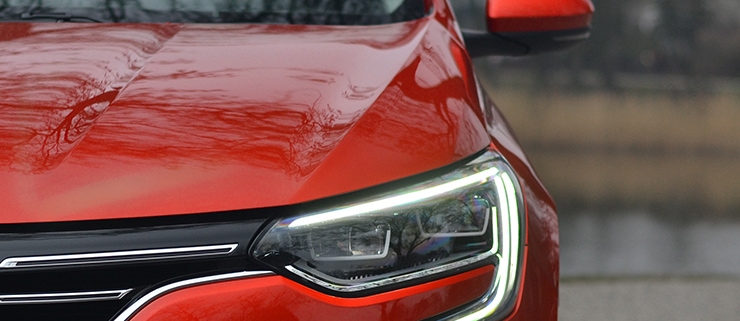Buying a car is one of the major investments we make over the course of our lives and for many of us, you might not have the funds on hand to make the purchase outright. Therefore, it’s important to put in just as much thought into the financing part as you put into deciding the model!
The last thing you want is to make an uninformed, impulse purchase when buying a new or used car, which you might regret down the line. It’s worth being well-versed on making a budget and determining your needs which will inform the car model, year and other important details. As well as, understanding loans, repayments, insurance, and interest rates. Let’s break down how you can finance your car with ease.
Review your credit score
If you’re considering applying for a loan, keep in mind that the lender will conduct a credit history check. If you’ve ever defaulted on a payment, or not paid a bill on time your credit rating might have been negatively affected. In this instance, you might experience higher interest rates, or at the worst, your loan application may be rejected.
If you do manage to secure a loan, remember that the longer it takes you to repay a car loan, the more interest you’ll pay. While stretching out your loan repayments over a longer period of time might make the monthly repayments cheaper, it’s best to keep your loan term as short as you can afford.
Establishing a budget
Having a budget will help guide you through the next few steps and ensure that you’re not financially in too deep with your options. When deciding on your budget, you should consider the actual cost of the vehicle, as well as the ongoing expenses, such as insurance, registration, services, and fuel.
Some lenders will pre-approve finance at this stage to help you know what budget you have to work with. However, lending rates often change depending on whether you are buying new or used, so you may need to have that information for your lender before they agree to rates and repayment details.
New or used car
Deciding on a used or new car will be highly dependent on your budget. It’s important to be realistic of what you can afford – remember, the more expensive the car, the more expensive it will be to maintain in terms of running costs. When searching for the right car, consider things like:
- What you’ll be using it for (commuting, long trips, off-roading etc.)
- How many seats you will need
- What kind of safety features you want
- What tech features you want
Quite often you will come across used cars that are relatively new, still in good condition, and have low mileage, so if buying a brand new car feels out of reach, go second-hand! Conversely, lenders often have more attractive repayment options on new cars and in the long term, a new car can come with worthwhile benefits such as more warranty and capped price servicing.
Source finance
So, you’ve found the car you would like to purchase, but what about the finances?
Dealer finance is when your dealer contacts their bank or lender to help arrange a loan for the car. On the other hand, you as the car buyer can apply for a car loan from a lender where you arrange the details of the loan yourself. Otherwise, you can look into a loan broker who will sort through the lending options available and provide a range of finance options.
Lock it in
If you’re happy with your decision, you should make a move on financing straight away and lock in your purchase. Good deals on new and used vehicles don’t often last long, so you want to make sure you lock it in while you can!
If you would like further information, or expert assistance in finding, inspecting and negotiating the purchase of a car, contact Car Search Brokers on 1300 650 890.
